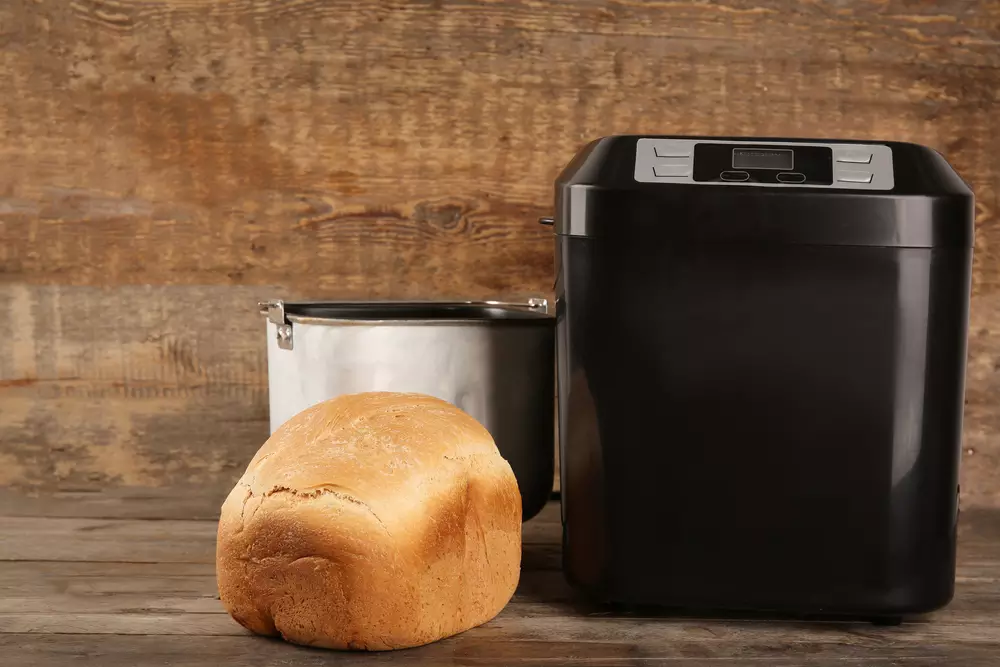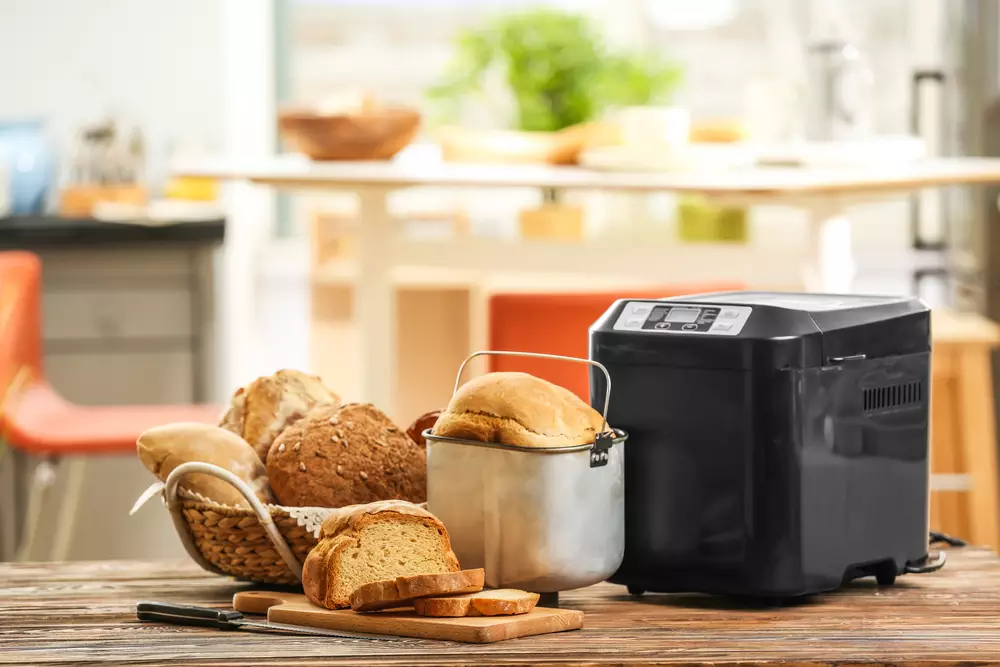Disadvantages of A Bread Maker? While bread makers offer convenience and the promise of freshly baked bread at home, they are not without their disadvantages. Despite their appeal, these countertop appliances come with a few drawbacks that potential buyers should consider. From limited versatility to the loss of hands-on baking experience, the use of a bread maker may not suit everyone’s culinary preferences.
In this article, we will explore some of the downsides associated with bread makers, highlighting the potential trade-offs involved in their use.

5 Disadvantages of a Bread Maker
The disadvantages of a bread maker include limited versatility, lack of hands-on baking experience, space and storage requirements, dependence on electricity, and life span.
Limited Versatility
Bread makers are primarily designed for baking bread, which means their functionality is limited to bread-related recipes. They may not be suitable for making other baked goods like cakes, cookies, or pastries, limiting their versatility in the kitchen.
The pre-programmed settings and specific baking cycles of bread makers may not accommodate the unique requirements of different recipes, leading to subpar results or the inability to try out a wide range of culinary creations. This limitation can be particularly frustrating for individuals who enjoy experimenting with various baked goods and exploring different cooking techniques.
Lack of Hands-On Baking Experience
Using a bread maker takes away the hands-on experience of traditional bread baking. Some people enjoy the process of kneading and shaping dough manually, which allows for greater control and a personal touch. With a bread maker, these steps are automated, leading to a less interactive and tactile baking experience.
The satisfaction of feeling the dough come together under your hands and witnessing the transformation as it rises and bakes in the oven is lost when using a bread maker. This can be a drawback for individuals who value the therapeutic and rewarding nature of getting involved in the entire bread-making process.
Space and Storage Requirements
Bread makers tend to be bulky appliances that require dedicated space on the kitchen countertop or in a storage cabinet. Their size and shape can pose challenges, especially in kitchens with limited counter space. Finding a suitable spot for a bread maker may require rearranging other appliances or sacrificing a valuable workspace.
Moreover, storing a bread maker when it’s not in use can be inconvenient, particularly if you have limited cabinet or storage space available. The need for a designated area for the appliance and the potential disruption to your kitchen’s organization are important factors to consider before investing in a bread maker.
Dependence on Electricity
One of the disadvantages of using a bread maker is the reliance on electricity to operate the appliance. Bread makers require a consistent power supply throughout the entire baking process. In the event of a power outage or if you find yourself in a location without access to electricity, using a bread maker becomes impossible.
This limitation can be problematic, especially in situations where power disruptions are common or during outdoor activities such as camping or picnics. Additionally, the use of electricity contributes to energy consumption, which may not align with eco-conscious lifestyles or during times of energy conservation.
Life Span
Another factor to consider when assessing the disadvantages of a bread maker is its life span. While bread makers are designed to be durable, they are still mechanical appliances that can experience wear and tear over time. Depending on the quality of the machine and frequency of use, the life span of a bread maker can vary. Some cheaper models may have a shorter life expectancy and may require replacement sooner than expected.
Additionally, if any components or parts of the bread maker become faulty or break down, repairs or replacements may be necessary, which can add to the overall cost. It’s important to research and choose a bread maker with a reputation for reliability and durability to maximize its lifespan and get the most value out of your investment.
Conclusion
while bread makers offer convenience and the ability to bake fresh bread at home, they do come with certain disadvantages. The limited versatility of bread makers restricts their use of bread-related recipes, which may not satisfy those looking to explore a wider range of baked goods.
Furthermore, the lack of hands-on baking experience can diminish the satisfaction and personal touch associated with traditional bread making. Space and storage requirements, as well as the cost considerations associated with purchasing and maintaining a bread maker, should also be taken into account. Additionally, the dependence on electricity and the potential for inconsistent results further contribute to the drawbacks of using a bread maker.
Lastly, the life span of the appliance can impact its long-term usability and may require additional expenses for repairs or replacements. Therefore, it is important to weigh these disadvantages against the convenience and benefits offered by bread makers to make an informed decision that aligns with individual preferences and needs in the kitchen.
